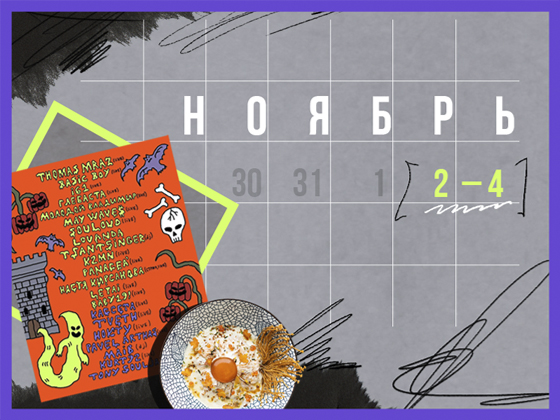On March 14, by the decision of Roskomnadzor, the American social network Instagram *, owned by Meta *, was blocked in Russia. On that day, Russian bloggers, who gathered millions of followers during the long years of existence of the platform, said goodbye to the social network by crying, thinking that this would be the end of the sharing.
Almost four months have passed, and the content on its pages continues to be published with the same regularity as then. By the way, we are talking about advertising posts, which, apparently, are forbidden to publish. But do not forget that we are talking about bloggers, for whom the social network is the main earning platform. After adjusting to new realities, they gave themselves a minimal chance of loss. But ordinary users have problems. While the average daily coverage of Instagram * in Russia was about 38 million people initially in Russia, it dropped to 11.7 million by the end of May, leaving the top ten most visited sites, according to Mediascope.

Then there was a heated discussion on the Web about the future of the social network. If some spoke categorically about his “death” in Russia, others said that the figures do not seem realistic. We decided to solve it and Kirill Didenok and Peyzulla Magomedov, the founders of Team Didenok, helped with this. We talked about what Russian users of the social network should expect and how Instagram * can leave Russia forever.

Peyzulla Magomedov – co-founder and managing director of a communications agency in the Didenok Team group of companies; Kirill Didenok – digital producer, founder of music publishing house DNK Music and Didenok Team group of companies
While some talk of a significant reduction in site users, Kirill and Peyzulla sided with those for whom these statistics have given rise to some distrust. “We don’t see a significant drop, at least the one everyone is talking about. Every day, we examine, analyze and present the platforms of all our bloggers with whom we work privately and present to our customers. Yes, there may be a 10-20% decrease in some cases, but most of the people we collaborate with remain the same and We do not see such a decrease,” they say.

“But you can say very confidently about viewers under 30 and especially zoomers. Of course, older viewers, the segment “Mother”, Sobchak and Borodina suffered losses and falls. Because a lot of adults are fed up with VPN services that don’t work very well, pay or are blocked.” So we can say that a new “law of nature” has found its presence on Instagram* – whoever has a younger audience survives. And now let’s talk about this in more detail.
Although many Russian users have VPN, they continue to leave the site over time. What can it be connected with?
The audience is tired of constantly turning these services on and off. Although they allow meta* to run, they restrict other applications from running. For example, Moscow parking lot, sailors, state. platforms. If a user wants to access bank or utilities applications, they will most likely encounter some restrictions. That’s why some of the viewers choose the daily apps tier instead of Instagram*.
Many Western brands sell their business in Russia: for example, McDonald’s, which has already opened under a new name, did this. Is this scenario possible in the case of Instagram*?
This option is not possible. It’s a different business structure, still IT and digital, not about offline history. It doesn’t seem logical and rational because these are co-hosts, common trends. A closed and encapsulated Instagram* limited to a country’s geography would not be that interesting to users, so there is no need for it. Russian users already own VKontakte and other platforms just to exist on the territory of one country.
When asked whether Instagram* will die as a platform, Kirill and Peyzulla confidently answer “no”. “We do not see any prerequisites for this. This is a large social network with a very wide reach and audience. Therefore, it is not clear what should happen for the viewer to permanently switch to other sites. The audience continues to actively use the platform, and the creators continue to produce content there. And until Russian users find a great analogue in the Russian market, it is not worth predicting the * death of Instagram.

Colleagues from Kommersant publication adhere to a similar position. According to their research, advertisers have long stopped interpreting Meta*’s Instagram* and Facebook* activity as extremist as banning ads on these sites. And it’s only been four months. As they say, there will be more!
However, referring to the sharp increase in Telegram users, The Bell implied that the future belongs to this platform. It turns out that the above figures * include sessions lasting less than five minutes for visiting Instagram, and if it is excluded, the average daily coverage of the social network in the mobile version is now only 5.5 million users.
Does this mean that Instagram * for Russian users will sooner or later remain an echo from the past, or, on the contrary, blocking will not interfere with anything? We’ll see.
* Instagram is owned by Meta Platforms Inc (recognized as an extremist organization and banned in Russia).
Source: People Talk





